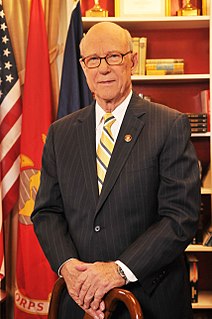A Quote by Stella Young
Disability is often framed, in medical terms, as the ultimate disaster and certainly as a deficit.
Related Quotes
When my husband was president, we went from a $300 billion deficit to a $200 billion surplus and we were actually on the path to eliminating the national debt. When President Obama came into office, he inherited the worst economic disaster since the Great Depression. He has cut the deficit by two-thirds.
A savant, by definition, is somebody who has a disability and, along with that disability, has some remarkable ability. Prodigies and geniuses have the remarkable abilities that the savant shows, but they do not have a disability. So, by definition, a savant includes someone with a disability, and a prodigy or genius are people who have these remarkable skills but they do not have a disability.
Discussions of the economy, especially during times of crisis, are often framed in terms of lessons we supposedly learned during the Depression of the 1930s. If we are not to endure terrible times like those again, we are told, we must support whatever form of state intervention is currently being peddled.
One strand of psychotherapy is certainly to help relieve suffering, which is a genuine medical concern. If someone is bleeding, you want to stop the bleeding. Another medical aspect is the treatment of chronic complaints that are disabling in some way. And many of our troubles are chronic. Life is chronic. So there is a reasonable, sensible, medical side to psychotherapy.

































